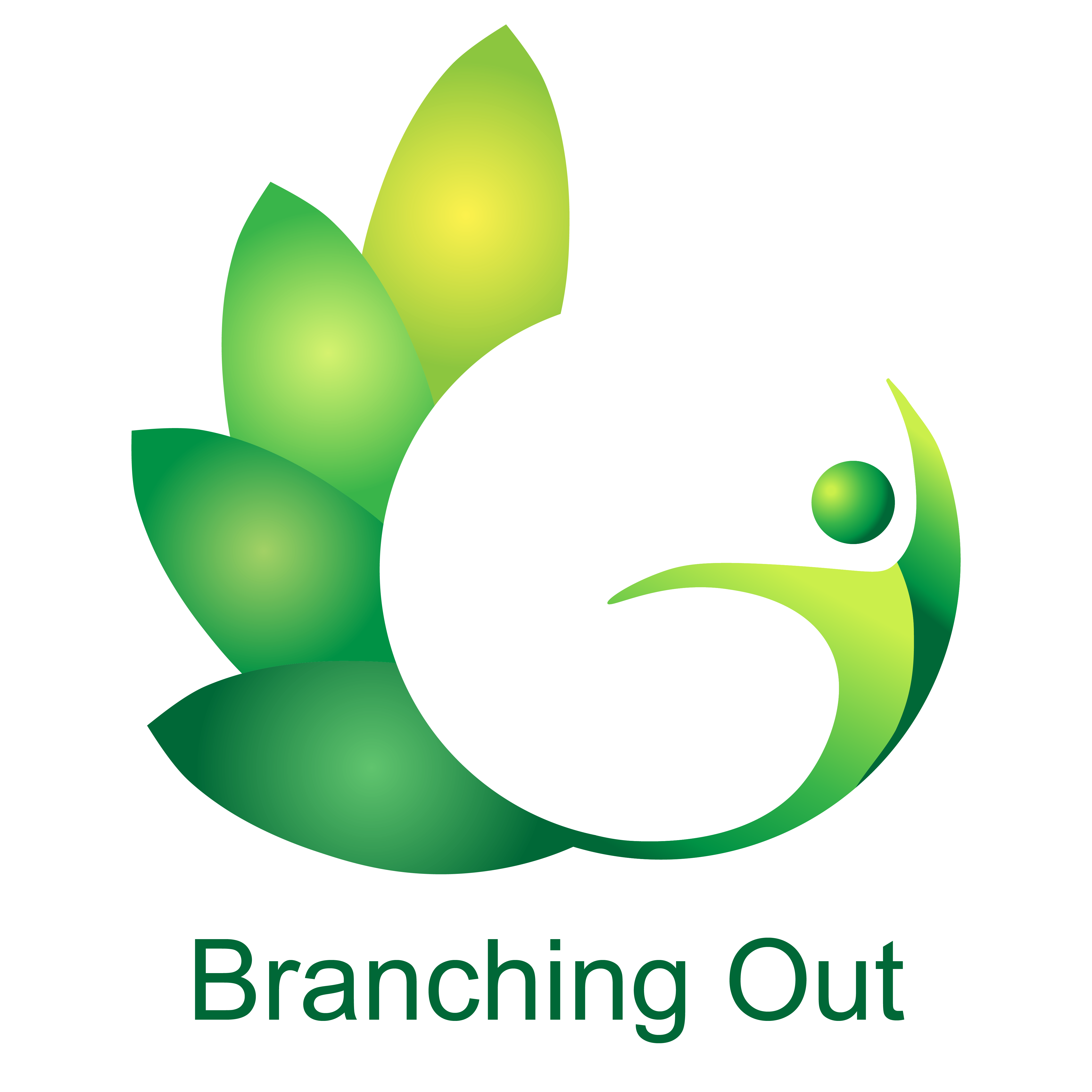
This section is for practitioners seeking to enhance their practice and may wish to specialise in specific areas. We have put together some specialist courses you may be interested in.
Talking Together in Cambridgeshire
Has a range of communication, language, and literacy courses for all levels of understanding to enable practitioners to enhance their approaches and practices when working with children and families. The courses provide key up-to-date training to meet national and local agendas.
For people who are passionate about outdoor learning whilst exploring nature. From introductory courses to qualifications, learners will engage in outdoor activities whilst understanding the ethos of Forest Schools
Professional Development Programme
CambsEYC provides an annual training programme that offers courses that embed the Early Years Foundation Stage requirements for mandatory and non-mandatory training. The programme is put together to enhance practitioners throughout Cambridgeshire from entry to the workforce through to advanced levels.
All you need to know about running a business in the early years. The team offers guidance and support from setting up a childcare business, admissions, funding, committee training, safer recruitment, to staff retention and toolkits.
The National Professional Qualifications in Early Years Leadership
Aims to underpin and increase early years-specific pedagogical leadership in early years settings, strengthen staff pedagogy, and support children whose development has been impacted by the pandemic:
- Information on the Department for Education's early years COVID-19 recovery programme, which offers leadership support, coaching and mentoring. For settings leads, experts, and mentors with at least three years' experience and currently working in early years settings that are Ofsted rated ‘good’ or ‘outstanding’ or equivalent independent school inspection rating.
- A level six or above early years qualification.
Are you passionate about supporting the development of babies and young children? This professional development unit is designed to help you build confidence, deepen your expertise, and enhance your practice in early years settings.
This Qualification focuses on the specialist care of children under two years old, aligning with the statutory requirements of the Early Years Foundation Stage (EYFS) and supported by key non-statutory guidance, including Development Matters and Birth to 5 Matters.
This course provides a valuable opportunity to grow professionally and make a meaningful impact in the lives of the youngest children. You must be working in an early years setting with children under two years to achieve this qualification.
This qualification will provide:
- Specialist Focus: Learn how to meet the unique developmental and emotional needs of babies and toddlers.
- Practical Skills: Gain hands-on strategies for providing high-quality care in early years environments.
- Core Knowledge: Explore essential frameworks and guidance that shape best practice in early childhood education.
- Professional Growth: Strengthen your understanding of safeguarding and welfare requirements, especially those outlined in Section 3 of the EYFS.
This qualification is for:
- Early years practitioners seeking to enhance their skills for children under two years of age.
- Anyone committed to providing nurturing, responsive care for children under two.
Please note: This is a professional development unit, and not a full and relevant qualification.
|
Application closing date |
Course start date |
Time |
Location |
|
Monday, 5 January 2026 |
Friday, 30 January 2026, and Friday, 13 March 2026 |
9.30 am to 1.30 pm |
Huntingdon Library |
Funding available
- Applicants must be over the age of 19 years on the application.
- Living and working in an early years provision in Cambridgeshire.
- Working with children and babies under the age of two years for a minimum of 12 hours a week.
Support the health and wellbeing of young children with confidence. This professional development unit is designed for early years practitioners who want to deepen their understanding of nutrition and hydration and apply it meaningfully in their daily practice.
About this qualification
This course is ideal for those already working with babies and young children. It focuses on specialist duties that enhance your ability to promote healthy outcomes in early years settings.
By completing this unit, you’ll strengthen your knowledge, skills, and behaviours in line with national standards – helping you provide safe, balanced, and inclusive nutrition for every child in your care.
You will gain practical, up-to-date knowledge in areas such as:
- Understanding the nutritional needs of children at different ages and stages.
- Recognising the benefits of good nutrition and hydration in early years development.
- Gathering and using information about special dietary needs, preferences, and allergies.
- Planning balanced, inclusive menus that meet individual needs.
- Promoting healthy eating habits and hydration in your setting.
- Following safe and hygienic food preparation practices.
- Communicating effectively with parents and carers about nutrition-related concerns.
This qualification is perfect for
- Early years practitioners looking to enhance their expertise in nutrition and hydration.
- Professionals committed to improving health outcomes for young children
- Teams aiming to embed best practices in nutrition and food safety
Please note: This is a professional development unit, and not a full and relevant qualification.
|
Application closing date |
Course start date |
Time |
Location |
|
TBC |
Two daytime sessions |
9.30 am to 1.30 pm |
TBC |
Funding available
- Applicants must be over the age of 19 years on the application.
- Living and working in an early years provision in Cambridgeshire.
- Working for a minimum of 12 hours a week.
- Have a passion to promote nutrition and hydration in their provision.
Have you ever thought about sharing the knowledge and skills of your workforce and showcasing your setting?
Are you passionate about continuous professional development?
Would you like to become an Early Childhood Trainee Mentor?
Our qualifications team are looking for ‘Good’ or ‘Outstanding’ Early Years settings to work in partnership to support Trainees starting their journey in the workforce.
Qualifications Centre will:
- Recruit and enrol through funding pathway one.
- Work in partnership with settings to support trainees by delivering accredited mentor training to two designated practitioners in a setting.
- Offer a bursary for settings to support the mentoring process.
- Provide qualification overview and support materials to enable the mentor to align objectives and outcomes for trainees.
Settings will:
- Interview and induct trainees.
- Carry out regular mentor meetings with the trainee to support the learning journey.
- Share knowledge and skills to role model best practice.
- Support the trainee to gain confidence and embed new knowledge and understanding from the training.
- Practice mentoring skills gained from training.
If this has inspired you to share your skills and showcase best practices, contact eycqualifications@cambridgeshire.gov.uk.
Are you working in early years and wishing to extend your skills?
Have you ever considered training to become an assessor?
Have you achieved a level 3 in early years and have three years of experience?
Entry requirements
- Must have achieved a level 3 in early years and have a minimum of three years' experience.
- Must have a minimum of one day a week to attend training, standardisation, and support sessions and work with two learners.
- Have sound knowledge of theorists, the law, safeguarding and prevention, health and safety and the EYFS in the early years
Qualification outline
Throughout this programme, trainee assessors will attend three half-day training sessions. During this process, learners will gain an understanding of the practices and principles of assessment.
After the training sessions are completed, CECQC will allocate two learners to the trainees, along with a qualified assessor who will be the designated counter-signatory.
The counter-signatory will guide trainee assessors through the process of working with learners to achieve the assessor award.
Trainee assessors will also be required to attend monthly standardisation meetings in Papworth Everard, where they will gain an understanding of processes and practices to develop skills in assessment.
Trainee assessors will need to allocate time weekly to study, mark and plan learners' work, shadow assessment in the workplace and assess learners in the workplace.
To find out more and when courses are available, email eycqualifications@cambridgeshire.gov.uk.
This course has been developed for people considering being mentors in Trainee Hubs.
Entry requirements
- Must have a passion for learning, sharing skills and knowledge,
- Level 3 early years or higher practitioner supporting trainees in their setting.
- The setting must have a ‘good’ or ‘outstanding’ Ofsted.
- The setting must have signed the local agreement.
- Setting joined CECQC Trainee Hub network.
- Attend three training sessions online.
- Complete tasks and work products for the e-portfolio.
- One workplace assessment.
Qualification overview
The objectives of this qualification are to:
- Gain insight into the role and practice of mentorship.
- Be clear about mentor/mentee relationships.
- Ensure they follow good practice.
- Develop the specific skills and understanding they will require to mentor.
- Reflect on their own learning and work performance.
- Understand the benefits of mentoring.
- Understand legal and ethical mentoring requirements.
Duration
16 weeks, depending on learner commitment and motivation.
To learn more, email eycqualifications@cambridgeshire.gov.uk.

Information to continue your early childhood studies to higher levels
Early Childhood Degrees – Which one do I choose? Nursery World has put together this guide to provide practitioners with detailed information on higher education pathways.
Qualified Teacher Status (QTS) – For those who have already graduated with a degree and considering becoming an early years teacher, Get Into Teaching provides steps to become a teacher.


